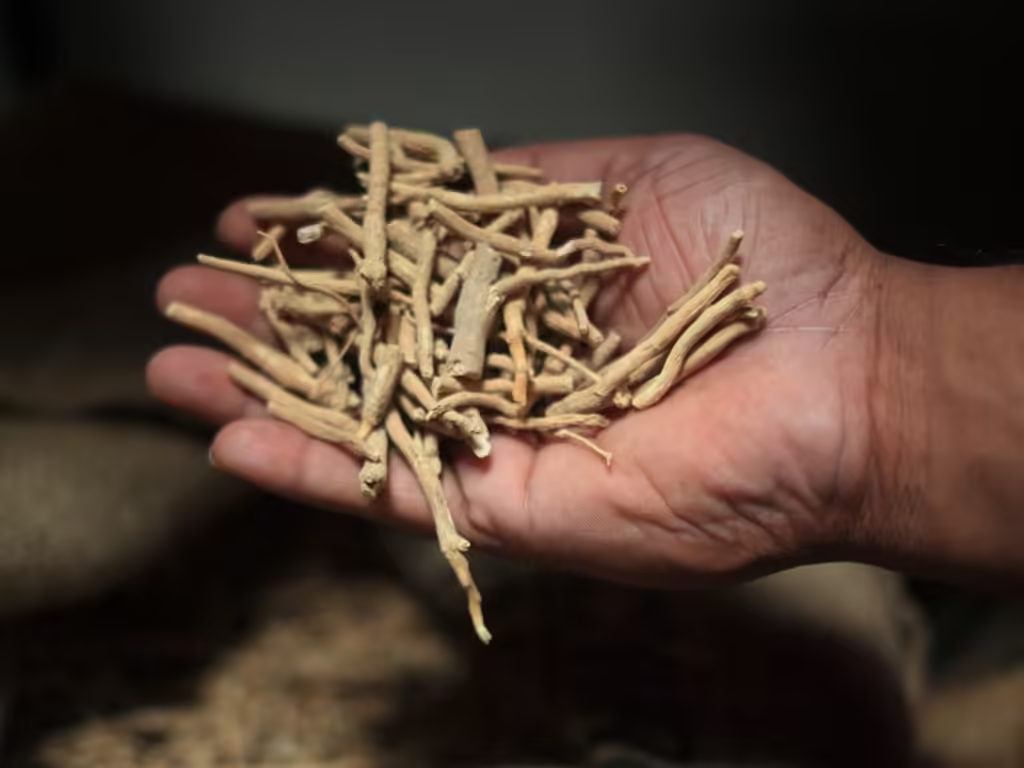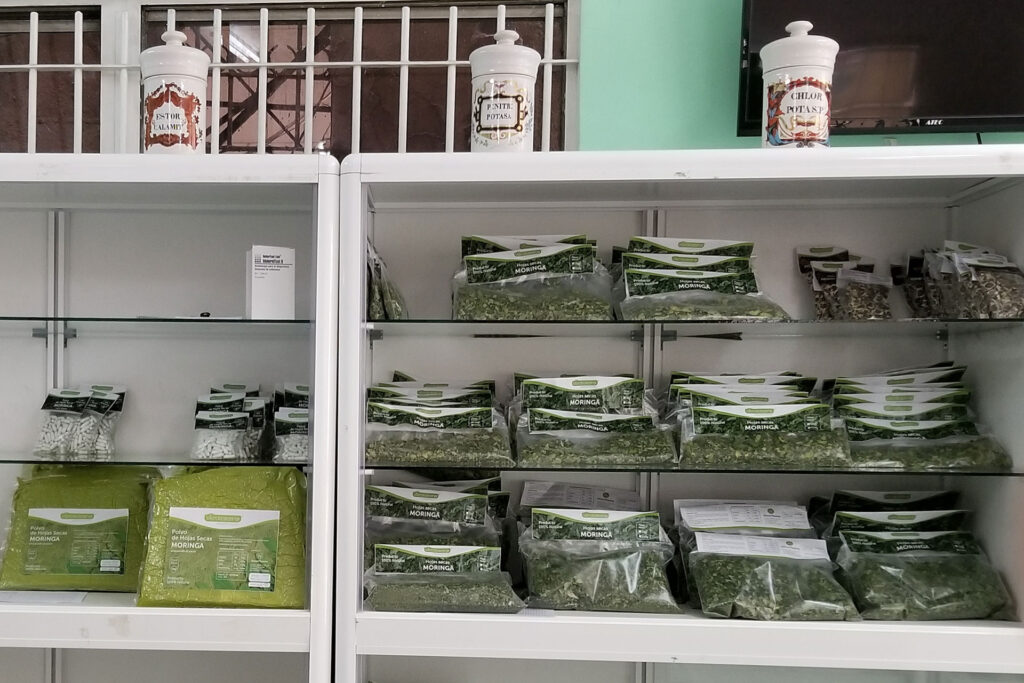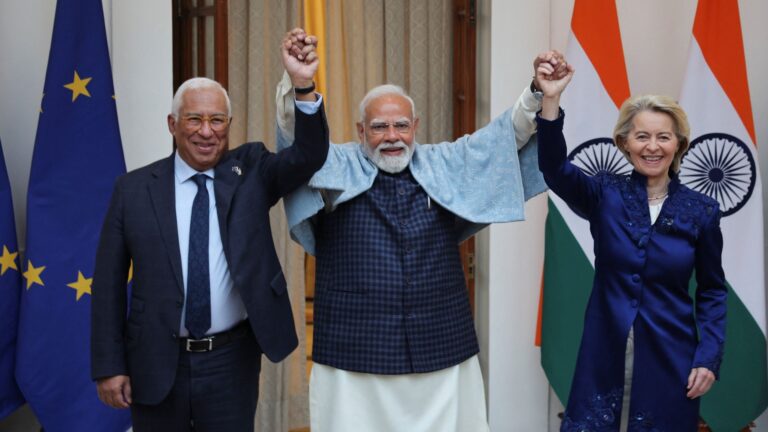
Traditional alternative medicine
There is a secret world of healing in the heart of Havana, away from the busy streets and fading grandeur. Cuba has rediscovered the power of its traditional medicine, a rich tapestry of herbal remedies, spiritual practices, and ancestral knowledge that provides hope in a time of scarcity, thanks to necessity.
Beyond the Pharmacy: Approach to Healing
Ancient treatments like acupuncture, herbal cures, traditional massage, and flower therapy are now part of state-run clinics and hospitals. These therapies offer affordable, accessible care across the country. Despite economic struggles, this creative approach reflects the nation’s commitment to universal healthcare and respect for traditional knowledge.
The country’s health system is known for its universal access, focus on prevention, and strong primary care. A global study ranked it 39th in health system performance. Funded entirely by the state, it treats health as a basic human right. Despite limited resources, the island has achieved health outcomes similar to those of developed nations.
Cuba’s Health challenge
This Caribbean nation, with its proud medical legacy, is now facing serious challenges. The economic crisis has led to a shortage of medicines, outdated equipment, and low salaries for healthcare workers. The U.S. embargo and the fall of the Soviet Union have made things worse. Essential medicines, especially for chronic diseases, are often unavailable.
Modernizing hospitals has slowed, leaving doctors reliant on old equipment. The embargo limits access to new medical technologies and vital imports. While the country prioritizes preventive care, treatments for chronic conditions can be hard to access. “There are shortages of everything,” says Richard Feinberg, a longtime Cuba scholar and professor emeritus at UC San Diego. “Cuba doesn’t have the foreign exchange to import medicines.”
Medicine from Fields to Pharmacies
This socialist state has a long tradition of using plants for healing, both in Afro-Cuban ceremonies and everyday remedies. During the COVID-19 pandemic, with drug supplies running low, alternative therapies like acupuncture, cupping, and therapeutic massage became essential.
Many people now grow their own herbs in gardens and patios. Others rely on plant-based medicines from government pharmacies or local entrepreneurs. Common home remedies include tua tua tea for diabetes and gastritis, cedar for lung issues, bloodroot for detox, and chamomile for stomach aches.
Medical schools in the country now teach both traditional and modern medicine. This approach may serve as a model for countries seeking more accessible, culturally relevant healthcare.

The ancient wisdom and modern care
Cuba’s healthcare system has successfully integrated Traditional medicines through various strategies, including “Green Pharmacy” concept where each neighborhood has access to herbal medicine resources. Integration into curricula of Medical students are trained in T&CM practices alongside Western medicine. Emphasis on prevention that focus on herbal medicine and community-based care promotes preventative healthcare practices.
The World Health Organization noted in a 2019 report on “Traditional and Complementary Medicine” that Cuba has had a national health plan for integrating natural and traditional medicine into its health service delivery system since 1995 and also has a national research office in Havana to study natural medicines.
Benefits of Integrating Traditional Medicine includes Increased Access,
Traditional medicine can extend healthcare access to remote areas or underserved populations, particularly where conventional medicine may be limited. Holistic Approach ,Traditional medicine often emphasizes a holistic view of health, considering physical, mental, and spiritual well-being, which can complement conventional treatments. Cost-Effectiveness, Traditional treatments, particularly herbal remedies, can be more affordable than conventional pharmaceuticals, potentially reducing healthcare costs. Cultural Relevance, Integrating traditional practices can make healthcare more culturally relevant and acceptable to certain communities.
A Model for the Future?
Despite the difficulties, other nations dealing with comparable healthcare crises can learn a lot from Cuba’s experience. Cuba has developed a distinctive healthcare model that is durable and sustainable by valuing accessibility, promoting local production, and embracing traditional knowledge.
Dr. Sanchez states, “We are not suggesting that traditional medicine can replace conventional medicine.” However, in situations where resources are limited, it can be a useful addition. Finding the ideal balance and guaranteeing that every patient has access to the care they require are crucial.
For more such informative articles stay tuned at The World Times




Informative